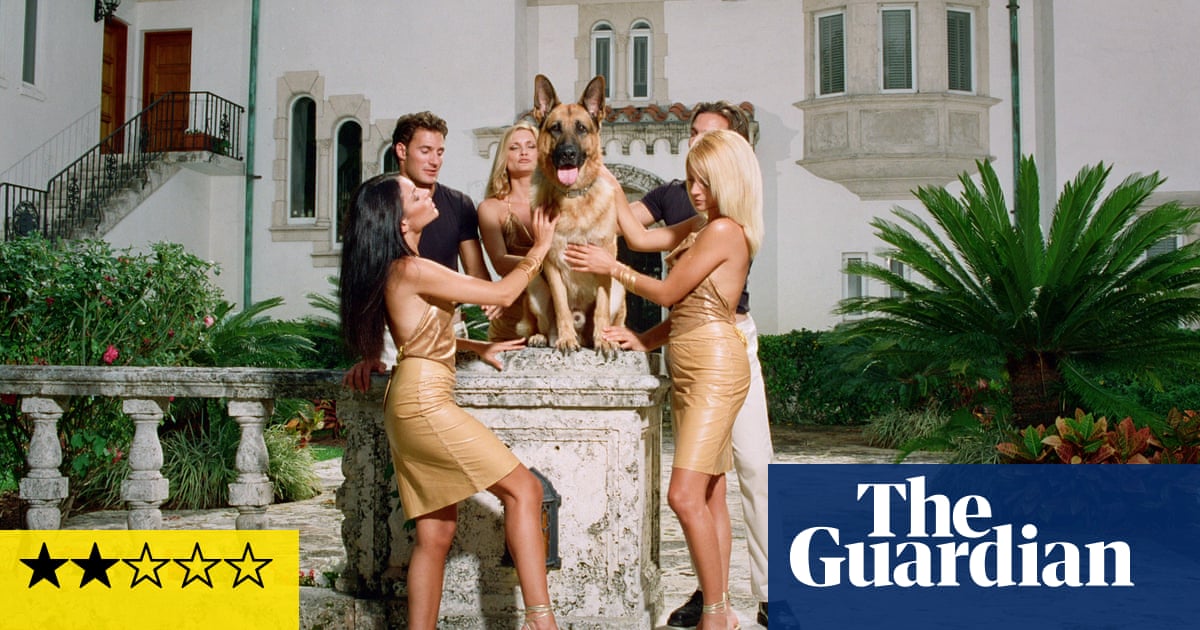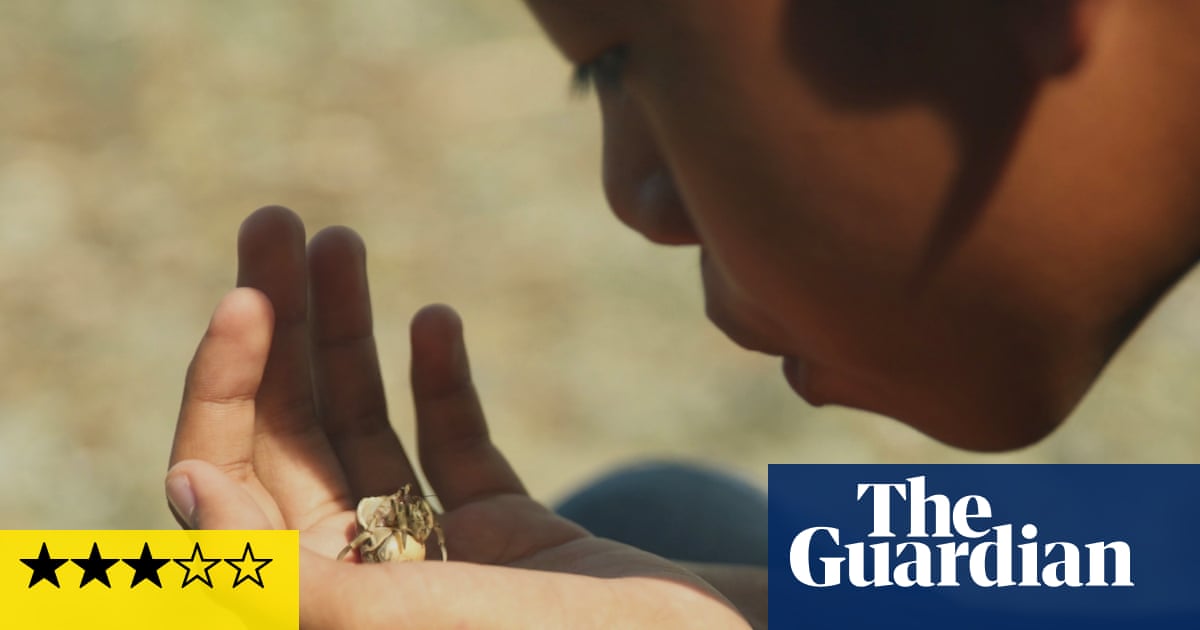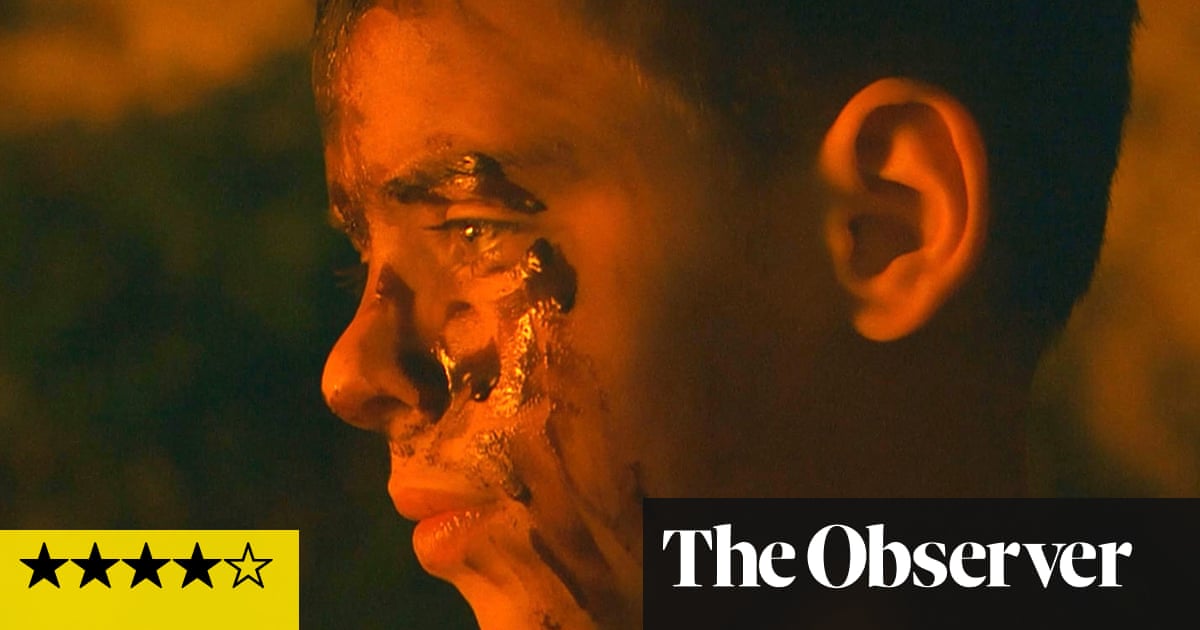
There’s a question hanging over the opening episode of the four-part documentary series Gunther’s Millions – but not a very compelling one. To paraphrase Mrs Merton: “What first attracted you to the millionaire dog Gunther?” This is Netflix’s latest attempt to generate a viral hit to match Making a Murderer in 2015 or Tiger King in 2020. It’s the story of how a German shepherd became “the richest animal in the world” after inheriting an $80m fortune from his doting owner, the late Countess Karlotta Liebenstein.
These days Gunther’s millions afford him a Miami mansion once owned by Madonna, a villa in Tuscany, a yacht and a staff of 27, including the private chef who whips up his gold-leaf-adorned steak dinners. All this luxury is also appreciated – dare we say more appreciated – by the human handlers who take Gunther on his walkies, pat him on the head and call him a “good boy”. As one exceptionally guileless member of the Gunther entourage puts it: “I wanted to be a tick on that dog’s butt for the rest of my life.” No big mystery there, then.
There’s also no mystery behind the commissioning of a documentary that combines so many flavours of tried-and-tested audience bait. There’s shameless super-rich excess, heart-tugging animal welfare scandals and – in the section when Gunther pivots to become a pop impresario – buxom bikini babes aplenty. There are even hints at a shadowy sex cult, operating out of Gunther’s many mansions. Gunther, you dirty dog!
If you’re reading all this, thinking, “Hmmm … Sounds like an elaborate tax scam to me,” then you’re way ahead of director Aurelien Leturgie. It takes him and his team hours of soft-ball questioning and circuitous storytelling to reach the same, fairly obvious, conclusion. The real perpetuator of this supercharged shaggy dog story is Maurizio Mian, pharmaceutical heir, CEO of the Gunther Corporation and one of several high-net-worth individuals named in the 2008 Liechtenstein Papers scandal. It’s not the dog who wants to drive a yellow Lamborghini, or own a nightclub, or employ female attendants with “jaunty buttocks” now, is it?
What we have here – once again – is a slim story needlessly strung out over multiple episodes. At least there’s an opportunity to get acquainted with some characters along the way – the people with unplaceable accents and dubious morals who have been sadly missed from our screens since Eurotrash was last on air.
There’s a pouty PR woman, affably willing to spin any old line for cash (is she from southern California, Schleswig-Holstein, or Huddersfield? It’s impossible to say!). There’s the strapping founder of a male escort agency, who claims his dreams of a modelling career in Italy faltered because he was simply too well built. And then there’s the indoor-shades-wearing, part-time paparazzo, a man so demonic he seems to arrive on a cloud of sulphur.
Attempts are made to extract cheap laughs at these interviewees’ expense, by including supposedly off-mic asides, awkward seat shuffles and toupee adjustments in the final edit. Ultimately, though, they emerge with their dignity intact. Because, hey, it’s a living. Plus, any of them would have made a more interesting subject than Mian himself.
Far too long is spent indulging this lonely little rich boy’s half-baked philosophies and spurious spending justifications – from “science” to honouring the wishes of a dead friend – while his murkier motivations are never investigated. What possesses him to pass off his own desires as canine caprice? Is it an addiction to publicity? A deep-seated guilt over unearned wealth? Or languishing in the shadow of his high-achieving mother?
Admittedly, Mian’s sheer commitment to the bit can be amusing. At one point he laments the failure of Gunther’s short-lived music career, a 1990 album of house music and barks, by saying, “To be honest, the record was not a commercial success.” This will come as a surprise to precisely no one. It is impressive, however, that Mian manages to keep a straight face for the next bit: “If it had been, perhaps the world would be a better place,” he muses. Perhaps. As it is, the world remains the same, terminally disappointing place, where money can’t buy you happiness and yet rich people still won’t pay their taxes.












